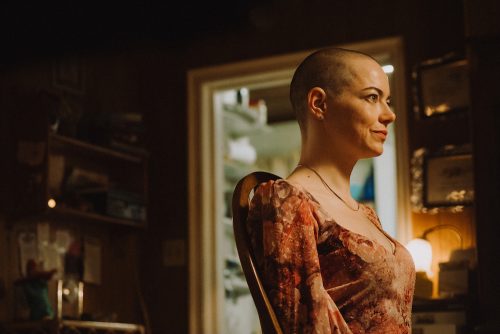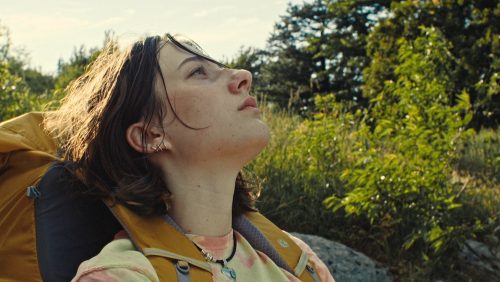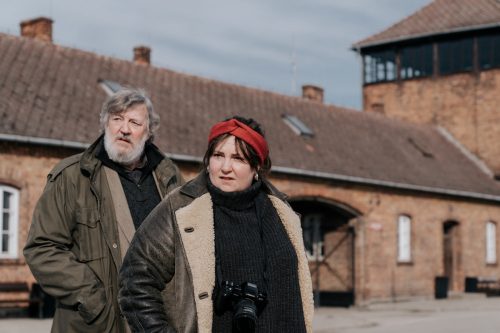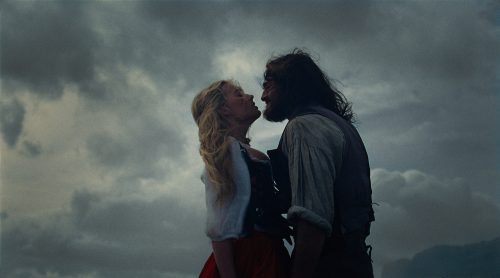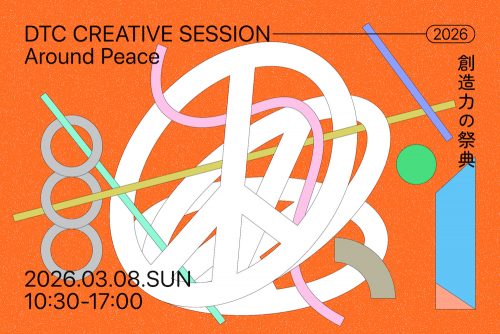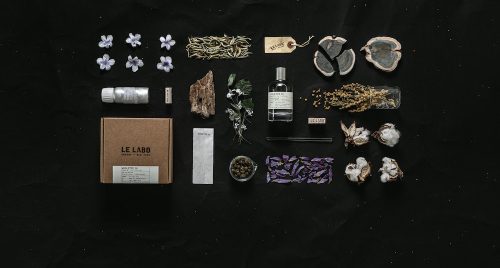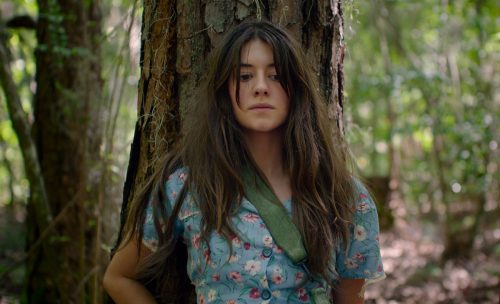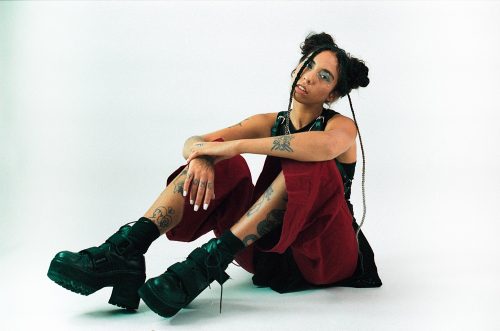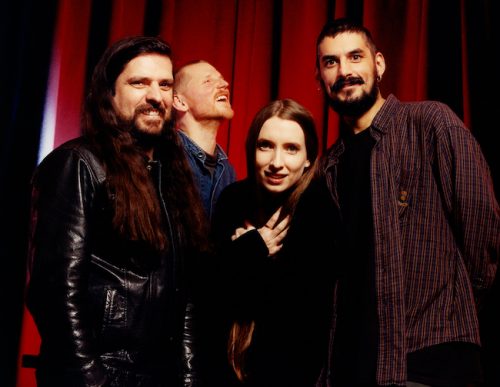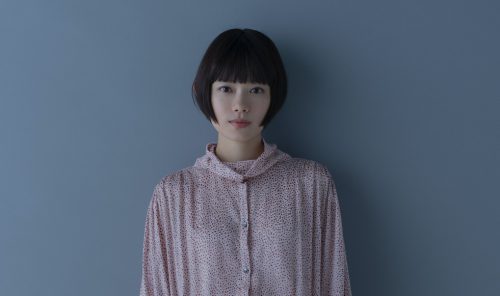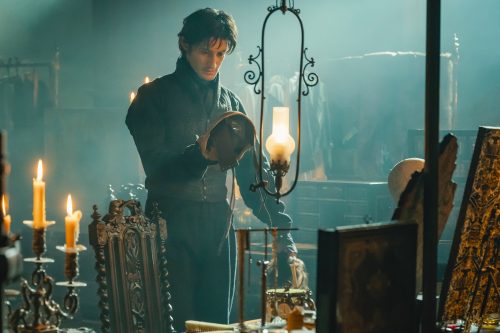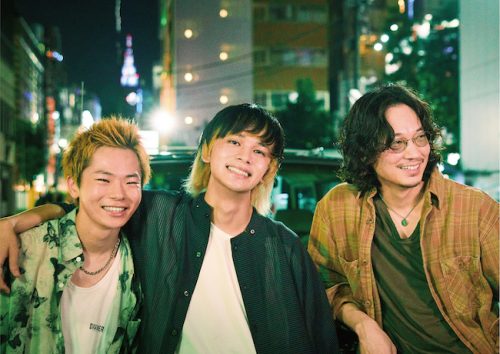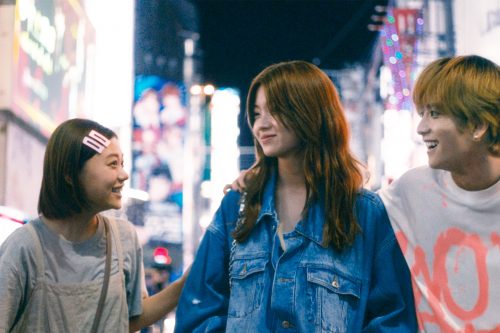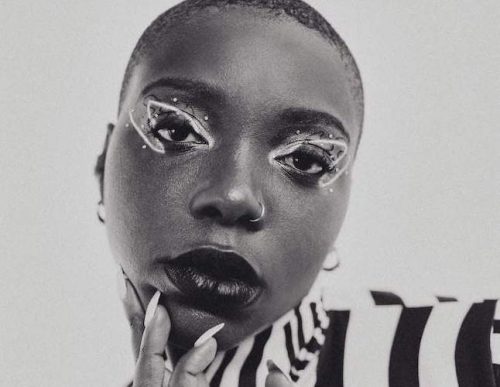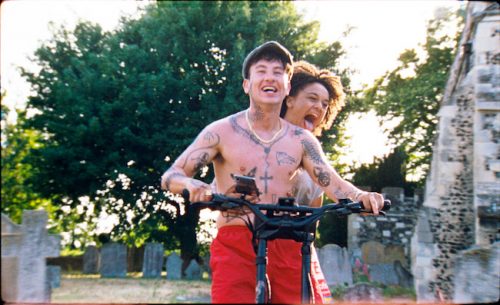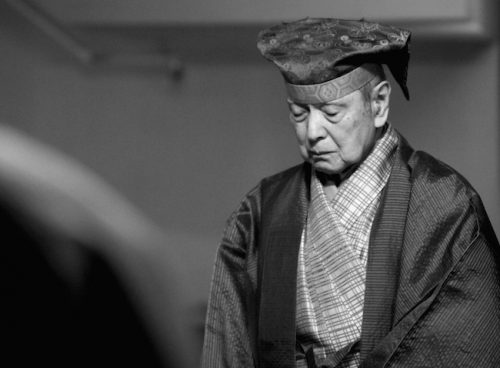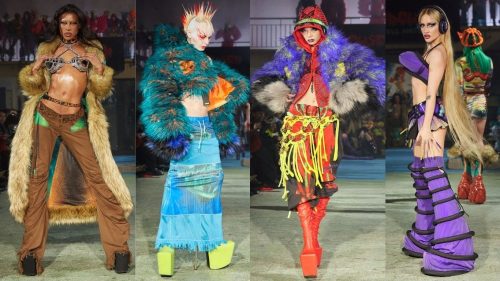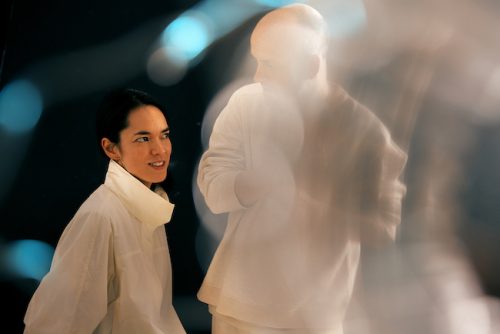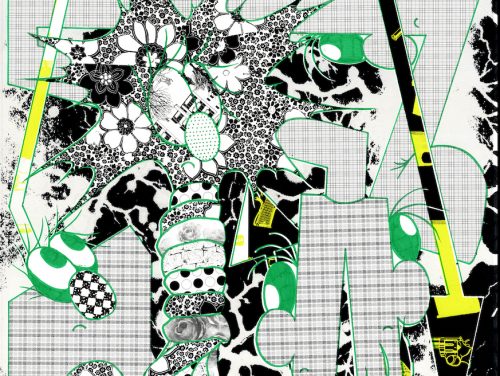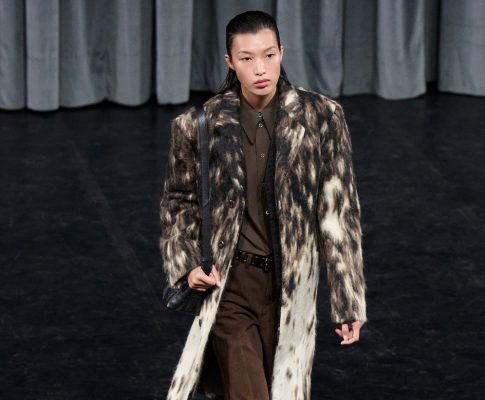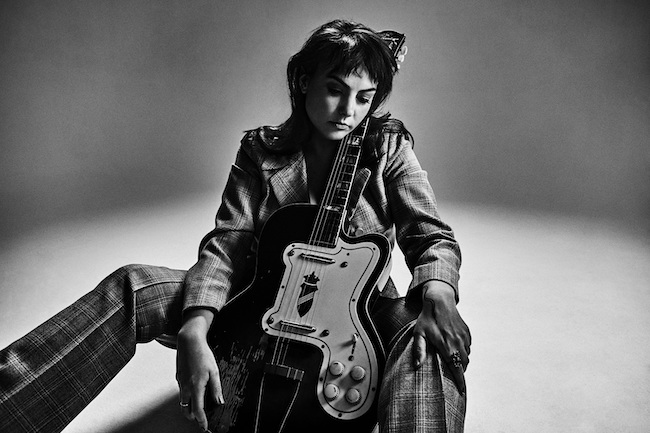
– First of all, please let me ask you little bit about “All Mirrors” before “WHOLE NEW MESS” as I think those two records are deeply connected like twins. “All Mirrors” is the highly acclaimed record which also selected as the album of the year by lots of media. How would you describe the album yourself? What did the record mean to yourself?
Angel Olsen : For me, “All Mirrors” and and “WHOLE NEW MESS” are sort of parallel to each other. And that they talk about things that I was a dealing with in confrontation with friends and people like partners, romantic and business, and finding a way to put my anger and disappointment into songs. But now I have been like without people in my life and had really worked on. I’ve really worked on both relationships. Actually a lot better now. So it’s been really good for me to expound on a lot of that stuff. But for me, it’s all about, you know, self-awareness and creating boundaries and doing that before it’s too late.
– I think “All Mirrors” is one of the most adventurous, ambitious, and powerful records you ever made. How did the transition happen and where did you get the inspiration from? Is there any memorable story behind the making of the record?
Angel Olsen : Well, directly from my disappointment (laughs). Directly from things that really inspired me and also disappointed me. And myself as people. I recorded “WHOLE NEW MESS” first. When I made that record, I was so sad and like I was still fitting in a lot of feelings of disappointment. I had to. I had to sort of. I was sharing it with three other collaborators at the time, I needed to protect my heart a little bit so that I could allow them to work with the songs. And honestly, the separation from the songs by adding them in helped me make “All Mirrors”. The way that it was more vulnerable. And it was rally hard to play the songs and record them because I was emotionally so fitting in those feelings.
– There might be some listeners who misunderstands that the new record “WHOLE NEW MESS” is the demo version of “All Mirrors”. Could you describe the album more for those people? How did you decide to release “WHOLE NEW MESS”? What was on your mind when you started thinking about the record?
Angel Olsen : I wanted to show people where the sounds can start and how they change when you share them with people. The context of the word changes too with different music and tone behind. It was an experiment for me, and I wanted my audience to have the same experiment as well.
– Of course “WHOLE NEW MESS” includes the original versions of some tracks on “All Mirrors”. But I think those two records evoke different feelings and visions each other and you can’t compare those two albums. But how are those two records connected or different for yourself?
Angel Olsen : One is more like vulnerable, standpoint, and the other one is more like manic theatrical standpoint. “WHOLE NEW MESS” was recorded first so it was more about sadness and loss. And then “All Mirrors” is more about anger and sort of manic approach to think that you’ve dealt with stuff that you haven’t actually dealt with. So that’s where it was.
– Some track titles of the songs on “All Mirrors” have been changed on the new album. For example, “Too Easy” is “Too Easy (Bigger Than Us), “Chance” is “Chance (Forever Love). Why did you want to change those titles?
Angel Olsen : For publishing reasons, but then also because the songs represent different things. Having been more vulnerable and more skeletal I felt they also deserve different titles.
– I heard that those new songs were recorded in a 100 year old church in the Pacific Northwest. Could you tell us about the place? Why did you choose there? Please share some stories of the recording if you have any.
Angel Olsen : Well, I spent some time in an island outside of Seattle named Whidbey Island for women’s writing residency in 2011 or 2012, before I wrote “Burn Your Fire for No Witness”. And I was looking at places with Michael Harris who would be the co-producer of those tracks. And he suggested that I go to the unknown place where Phil Elverum had recorded many of his microphone records. So I had Phil’s contact and texted him. Then he calls me right away and said, ‘You know, I’m not affiliated anymore but I would encourage you to check it out and see if it’s worth it. I don’t know what you’re looking for’. It’s not like, I mean, it’s not like a staff studio with like the most amazing gear, but I was like, I don’t need a lot, I just need a space. So I went there. I think I was there 11 or 12 days and it was right around Halloween. We think that was haunted but it could just been my ghosts that I was bringing to the space. Because I brought a lot. Haha. We eventually got really close to the engineer Nick, who had a dog and the dog would hang out a lot. And we would walk to the farmers market. There was a cafe we went to everyday, we went into the woods, and it was really beautiful and foggy. The space in the little town.
– “Whole New Mess” and “Waving, Smiling” are the brand new songs. Were those two songs written at the same time you were writing the songs for “All Mirrors”? If so, what was the reason you didn’t select the songs for “All Mirrors”?
Angel Olsen : They didn’t seem to fit. “Waving, Smiling” was so close to chance when we recorded it. But I thought that it deserves its own platform in a different way. A lot of people hear that song and hear sadness. But for me, it was really overcoming something.
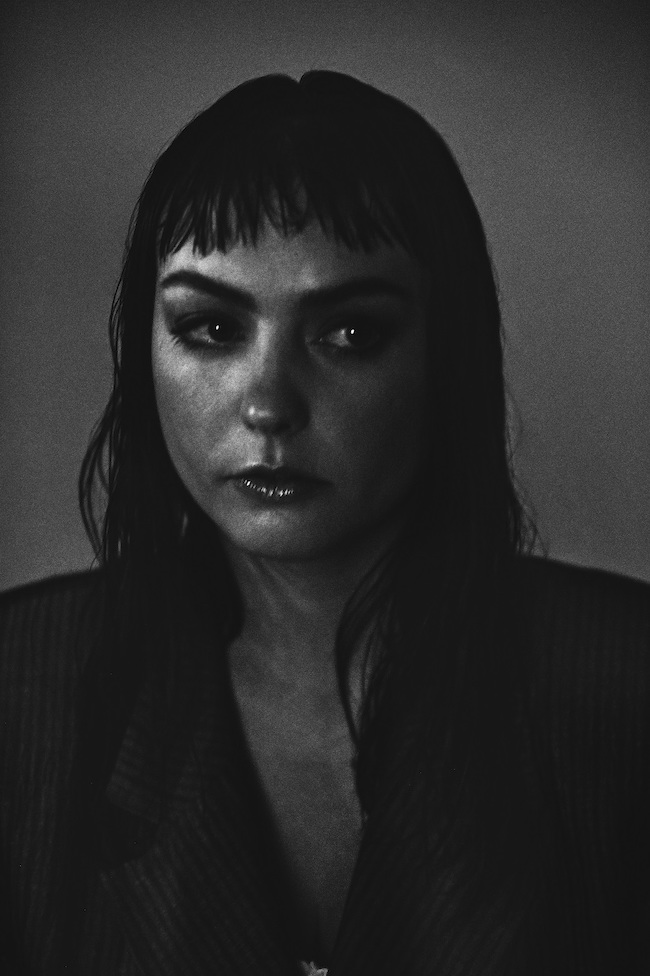
– Listening to “WHOLE NEW MESS” reminded me of your early works such as “Half Way Home” and “Burn Your Fire for No Witness”. Do you sometimes listen to your own songs you made in the past? Does anything make you want to do that sometimes?
Angel Olsen : I have lately because I’ve been doing this live stream. But it’s almost like covering someone else at this point. Because I’ve changed so much in my writing as well. Yeah. And I really wanted “WHOLE NEW MESS” to reflect “Strange Cacti” most of all. That was definitely a reference for the sonics of this record. Sometimes it’s uncomfortable to listen to my old songs. And other times it’s mainly uncomfortable with like sonic choices I made. Oe like I didn’t bother. In my guitar or something. But for the most part, I find it to be really helpful to find out who I was and to how much I’ve grown from then, you know.
– One of the biggest different between the newest album and your records in the past is your vocal I think. I was really impressed by your opera-esque vocal with big scale on “All Mirrors”, but how do you think your vocal has transited or changed since then?
Angel Olsen : Life and things I live through change my voice. I mean, bottom line, I think that life changes your voice. It started with “My Woman”. I mean “My Woman”, I was really trying to do like disco, rock and roll, and guitar solo and jazz. And I did. I made that record that way because I was by that point doing a lot of collaborations with people, and I would lend my voice in ways that I never did on my solo work. So I said I wanted to make an album that feature different voices that I have. And then, from there, I’ve just finding what is most comfortable for me and what is most useful for me. I’m happy with my vocal now, but I think it’ll change weather or not I’m aware of it.
– What’s the story behind the album title “WHOLE NEW MESS”? Why did you choose this phrase for the album title?
Angel Olsen : Because I thought it was a bit of a disclaimer for both the records. And when I was just like, wanting to being locked in the cycle of self promotion, you know. For me, it’s about taking what I’ve learned in my life and sorting through the mess and songs and delivering it to people. And saying like, you could hear the songs sad or you should think of them as breakthrough.
– I’ve been wanting to ask you this since “All Mirrors” were out. This lines on the track “Chance”, ‘I wish I could un-see some things that gave me life/I wish I could un-know some things that told me so’ was impressive to me. What was the original idea for this track?
Angel Olsen : I think that was just sort of, it was a disclaimer to a part of a future partner and a past partner, saying like, ‘I don’t need everything, and I don’t believe in forever. But why don’t we just do this right now? To do this now is quite important. To tell right now is not important anymore.’ I got the idea from heartbreak and misunderstanding.
– Let me ask you about the track “Endgame”, which isn’t on “WHOLE NEW MESS” but on “All Mirrors”. I remember you were taking about this track on an interview by Apple Music that ’needing communication and understanding and patience’. The big election is coming this autumn in the states, and we’ve faced so many separations and battles between countries these 4 years, and I think this track is the reminder for us to remember how important underrating each other with patience and tolerance. Of course “Endgame” is a love song in total, but what’s the real message behind this track?
Angel Olsen : This song is a peaceful goodbye to someone who is a friend. And just saying like, it doesn’t have to end, but right now it does, you know. Right now we need to really look at everything that we care about in our lives, and with each other.
– How do you think music or whole art would affect on us on this pandemic period? Do you think it plays role of healing and encouraging us? or making us feel lonely?
Angel Olsen : I think it depends. It’s sort of like getting a massage. It’s sort of like when you go and get a massage because you’re in pain. And then you leave the massage and you’ve almost injured yourself because you now know exactly how much pain you’re in. I feel like sometimes the song can do that to you and make you aware of the pain that you didn’t recognize before. But I don’t think that’s a bad thing. I think people need to understand and know how to release the pain. People can do that. They just have to know it’s there. That’s with them. Art makes you think.
– I think the all-black costume and artwork is really eye-catching. I liked the music video of “Intern” in which you sing in your platinum silver wig we all. I think each album has different visual concept but what’s the visual concept or the visual idea for the new album?
Angel Olsen : I’m a very visual person. When I was a little girl I would make stop motion films. I ended up playing music instead, but I really enjoy editing. I don’t even have to be in a film, but at some point it would be really fun too. Be an engineer or be like a visual engineer for someone else’s project. I think that’s where a lot of my narratives come from for songs. It starts with my personal experiences. But it also is inspired by what I visually think of. So it made sense for me to be more involved in that process. I think image is so powerful. For the newest album, I wanted it to be sort of masculine and feminine. I really wanted to display this feminine masculine myth of myself that I have ignored. I mean, most of the images that you see of me are like the 60’s pinup style kind of dress. But for this one, I really wanted to express that I have a masculine side and I’m embracing both. I think it’s beautiful to embrace all people and all tones itself.
– When you look back on these 10 years from 2010, the year you released “Strange Cacti”, to 2020, how do you think you spent these 10 years and what’s changed around you?
Angel Olsen : Well, I became a leader, so I had to learn what it meant to lead people, and comfort difficult conversations. And I also had to confront things with myself because of that, you know. And matters about money but also about what it means to creatively work together with people. And some relationships, really, you really can’t put $1 on the amount of emotional investment the people have in your work sometimes. That’s been a really big lesson for me. It’s to not expensive for the dollar sign on and emotional investment. And to notice when someone is giving more than they should, and saying, ‘hey, let’s talk about taking a step back.” Because I can’t ever pay for this emotional effort that you’ve made. I would like to but I can’t. It’s been about engaging with people and saying what I mean and sticking to the plan and troubleshooting problems. That’s been hard. I didn’t realize I was opening a business. I just thought I was playing music but I was opening a business.
– As the last thing, have you listened to “Folklore” by Taylor Swift yet?
Angel Olsen : No, I haven’t. But I heard about the record. A lot of artists think alike. We’re not always steal ideas but we influence each other. It’s just the way the world works. The message of protest can be influential without being aware of it. And so I didn’t really know anything about the record but I listened to a few tracks from it and it was really beautiful.
– Thank you so much for your time today!
Angel Olsen : Thank you! I’ve never been to Japan so I’m keen to visit. Hope to see you guys soon!
text Junnosuke Amai
edit Ryoko Kuwahara
